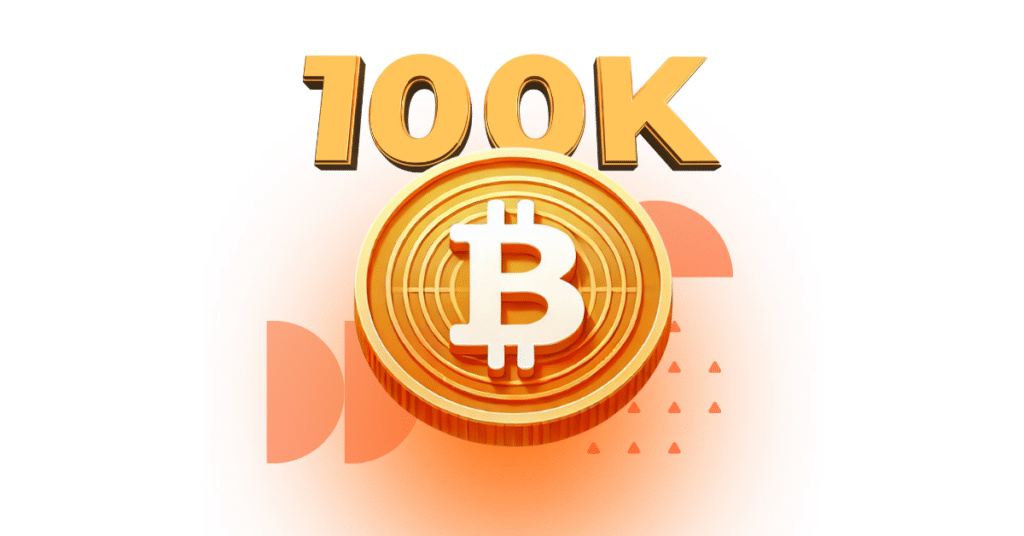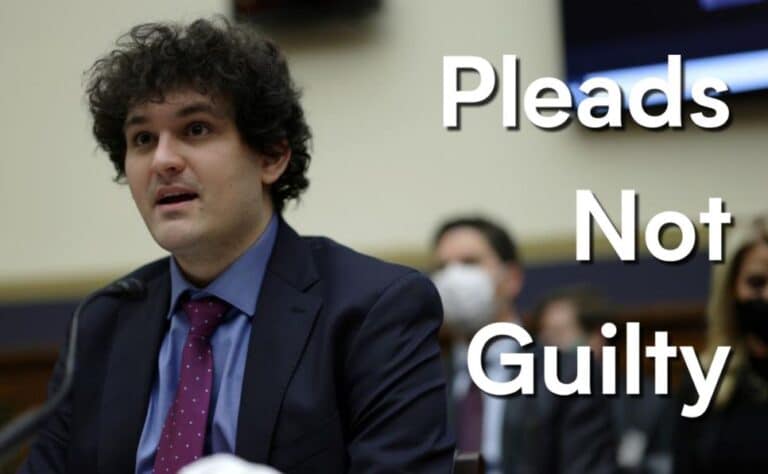Welcome to this week’s edition of This Week in Crypto! In the headlines, Bitcoin has soared past $100,000 for the first time, setting a record that few thought possible at the start of the year. Meanwhile, U.S. spot Bitcoin ETFs now hold more of the digital asset than even its mysterious creator is believed to control. Adding to the conversation, the Federal Reserve Chair has compared Bitcoin to gold rather than to the U.S. dollar. This issue will help you understand what these events mean for everyday investors and where this fast-growing market might be headed.
A Quick Look at This Week’s Stories
- Bitcoin breaks $100,000 for the first time, turning heads across the market.
- U.S. spot Bitcoin ETFs now hold more coins than the cryptocurrency’s original creator is believed to have.
- The Federal Reserve Chair likens Bitcoin to gold, not the U.S. dollar, raising new questions about its role.

Crypto Milestone: Bitcoin Tops $100K
Bitcoin reached $100,000 for the first time in its history amid strong demand for United States spot Bitcoin ETFs and the reduced supply resulting from the April halving. These funds have pulled in over $31 billion in net inflows, possibly indicating investors’ deepening interest in the digital asset. With fewer new coins entering circulation following the halving, the market response helped Bitcoin’s total market cap hit $2 trillion for the first time.
While the recent election and a possibly more crypto-friendly incoming administration may affect future policy, the key story is the growing hunger for Bitcoin and the supply-side changes it underwent this year. Corporate participation and investor expectations also played a part, but the rise of Bitcoin ETFs and the halving have shaped the current market landscape, making the cryptocurrency’s climb above $100,000 a significant milestone.

Spot Bitcoin ETFs Now Hold More BTC Than Bitcoin’s Creator
In under a year, United States spot Bitcoin ETFs have collectively acquired more than 1.1 million Bitcoin, surpassing the estimated holdings of Bitcoin’s anonymous creator, Satoshi Nakamoto. According to analysts, these funds now hold more Bitcoin than many major players, including Binance and MicroStrategy, and they achieved this milestone well ahead of previous predictions. This growth has been fueled in part by Bitcoin’s surge past $100,000, which brought in billions of dollars since last Monday. The rapid rise of spot Bitcoin ETFs, all launched since January, shows how quickly the financial world can shift.
The news has surprised industry watchers like Bloomberg ETF Analyst Eric Balchunas, who called the development extraordinary given how new these products are. It was once thought these ETFs might catch up to Nakamoto’s holdings by Christmas, but the soaring value of Bitcoin and increased investor interest sped things along. Their success signals that mainstream investors may have gained confidence in these offerings, a change that few would have expected to happen this fast.

Fed Chair Compares Bitcoin to Gold, Not the Everyday Dollar
Federal Reserve Chair Jerome Powell has once again made it clear that Bitcoin isn’t replacing the U.S. dollar anytime soon. Instead, he likens Bitcoin to gold—an investment people turn to for various personal reasons, but not something most of us would use to buy groceries or pay the rent. While Bitcoin’s price has climbed sharply in recent years, Powell points out that its price swings keep it from being a practical everyday money option. For the average American, this means that while Bitcoin might still pop up in conversations at the dinner table or on social media, it’s not something that’s going to replace the paycheck they count on each month.
Powell also pushed back on the idea that Bitcoin’s growth is a sign that Americans are losing faith in the dollar. He doesn’t think most people see Bitcoin that way. And even though he isn’t allowed to own Bitcoin himself, Powell isn’t against banks or other trusted financial firms working with crypto companies—so long as they keep the system safe and look out for consumers. In other words, as Bitcoin bounces between headlines and investment portfolios, Powell suggests that the average American can keep trusting the dollar they use every day.








